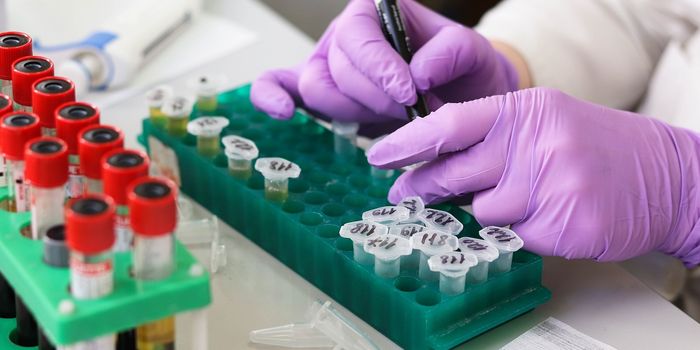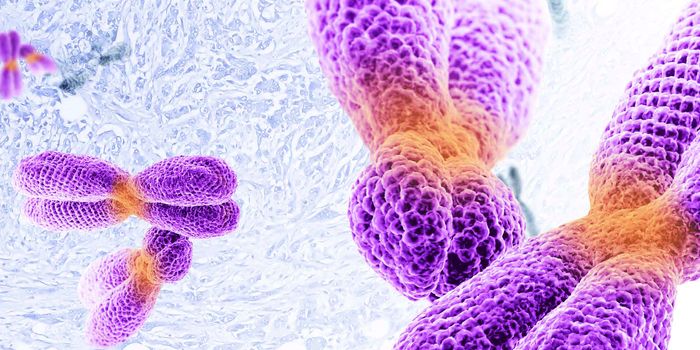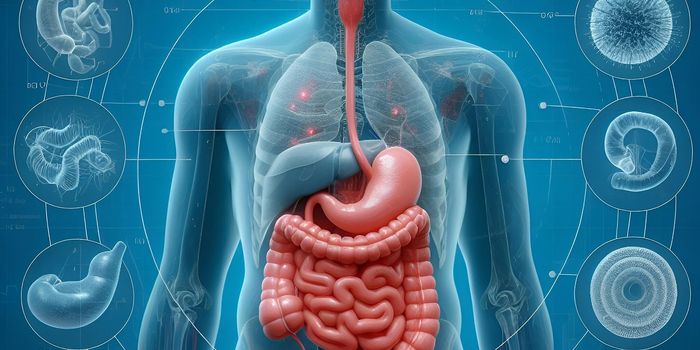Epigenetics & Cancer: DNA Modification Impacts
More and more research is going into stopping cancer and other diseases before they start. That is the basis for public health areas like traditional epidemiology; however, epigenetics is a newer approach beginning to have a foothold in disease prevention and early diagnosis with the goal of catching disease warnings before physiological symptoms manifest themselves.
Epigenetics Fundamentals
Epigenetics is the study of gene expression changes through biological modification rather than through alteration of genetic code. Similar to genotype vs phenotype, one deals with what your genetic code actually is versus how that genetic code is expressed on the outside. The study of these changes includes three main systems of heritable modifications including DNA methylation, chromatin remodeling, histone modification, and non-coding RNA associated gene silencing. Epigenetics, as a field of study, began in the mid-twentieth century with the aim of combining genetics and developmental biology together. The term “epigenetics” was actually coined back in 1942 by Conrad Waddington based on the Greek word “epigenesis” which describes the impact of genetic expression on development. Waddington studied Drosophila under environmental stress to try to explain particular phenotypic changes observed compared to those not exposed to stressors.
Environmental & Lifestyle Effects
The most explored and well-understood epigenetic modification is DNA methylation; however, there is renewed interest in these modification processes as part of a host of disorders including cancers, neurological disorders and more. Researchers are focusing on how the environment and individual lifestyle might affect gene expression and epigenetic change. Historical research has demonstrated that environment and sociological impacts can have epigenetic effects on offspring and future generations as a result. Examples include studies of children whose mothers were exposed to the Dutch famine of 1944-1945. Those children born during that period have increased rates of coronary heart disease and obesity after maternal exposure to famine in early pregnancy than those not exposed to famine. The result is speculated to be the result of the degree of DNA methylation present in the insulin-like growth factor II (IGF2) gene; decreased methylation was found in the population of offspring whose mothers were exposed to famine. There are more studies that illustrate the impact of DNA methylation on gene expression.
Initially, it was believed that most of our epigenetic change occurs during development from embryo to fetus into childhood. While it is accepted that epigenetic changes are less observed in adulthood, epigenetic changes do occur over the human lifespan and in fact, researchers are beginning to believe that some may be able to be reversed. Some of these post-development reverses include environmental changes like pollution exposure and nutritional changes like embracing a ketogenetic diet. One study found that the high fat and low carb diet could improve mental abilities through structural chromatin change via histone modification.
Epigenetics & Cancer
As more molecular advances are made in terms of the human genome as well as in creating structural models of molecules and cellular components necessary for physiological function, the focus epigenetics will expand in parallel. More studies are coming out discussing findings of epigenetic changes (either initial or reversals) leading to regulation or dysregulation of biological processes involved in the pathogenesis and development of cancer. And not just one type of cancer. These changes are being targeted for research because there are possibilities that epigenetic regulatory complexes can affect change on DNA methylation, histone or chromatin modifications to impact transcriptional regulation.
Epigenetics in the Future
There are groups already envisioning and researching ways to utilize circulating tumor DNA (ctDNA), which is released from affected cells, or profiles of DNA modifications found in different cancers. Groups, like the new team at Stanford Medicine’s Precision Health & Integrated Diagnostics Center, are focused on finding ways to prevent or identify disease very early before true damage has been done. The group, for example, anticipates developing peripheral blood screening testing for known epigenetic profiles tied to early cancerous development or changes indicative of cancer potential. Some cancer markers are well known and well-studied, like BRCA in Breast Cancer; these are changes to genetic sequences that can be identified prior to breast cancer development and patients can be informed of their risk. What is being proposed by Standford’s group is to be proactive, like in BRCA gene presence advisement, rather than reactive, as is the case with many cancer disorders. The group has suggested that by collecting precise measurements of individuals’ health over a period of time to identify changes indicative of cancerous disorders sooner than current methods available.
Sources: Stanford Medicine; Genomics, Proteomics, & Bioinformatics; Science Direct; What is Epigenetics: Fundamentals; Proceedings of the National Academy of Sciences of the USA; Molecular Basis of Disease; Johns Hopkins Medicine









